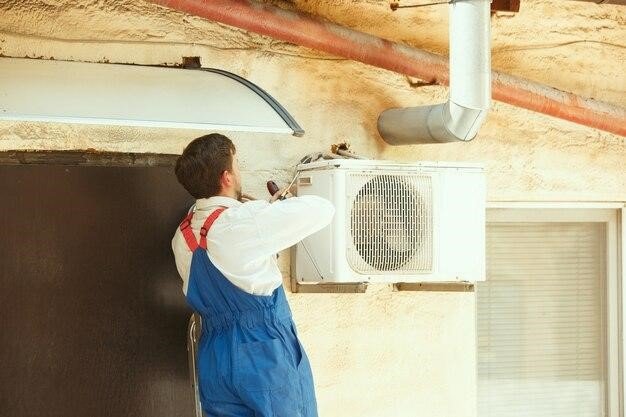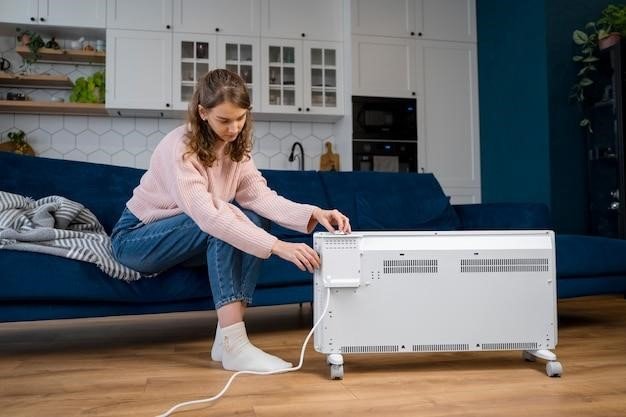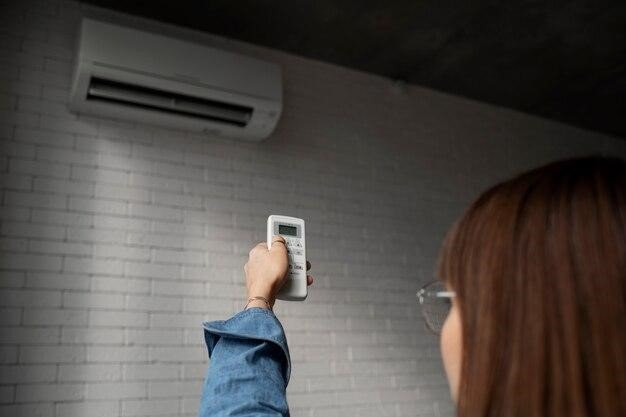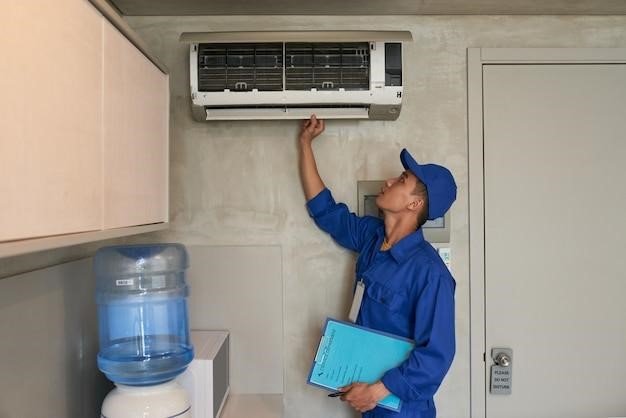A malfunctioning air conditioner makes living in the warm weather of Ocala miserable.
Weak airflow, rising utility bills, and odd noise are all warning signs of something wrong. Failure to address these conditions can result in costly repairs or even a full unit breakdown.
Furthermore, did you know that air conditioners depreciate by 5% of their yearly performance if not properly tuned? That translates to high energy bills and clogged-up units working extra to provide cooling. Then, how can you tell if your AC needs a tune-up?
If living spaces in your home aren't cooling or you experience odd sounds and leaks, your AC may need investigation. Regular tuning avoids breakdowns while giving maximum performance.
Before small repairs escalate to costly ones, look for these five warning signs that require instant air conditioning repairs. Addressing these signs early enough avoids extra costs and keeps your Ocala home comfortable.

HVAC technician working on a capacitor part for condensing unit
1. Poor Cooling Due To Malfunction of the Condenser
Ocala experiences warm to hot weather in the summer, so having a functional air conditioner is necessary to stay comfortable at home. During warm weather conditions, a dysfunctional AC can lead to sweat-filled misery.
One of the leading reasons for poor cooling is a dysfunctional condenser. This part of the AC dissipates heat from your home so that your AC can cool air properly. If grime has accumulated on it or if dysfunctional components have accumulated within it, it won't work properly. As a consequence, even if you run the AC all day, your living space might not get cooler.
In such a situation, regular AC maintenance in Ocala would guarantee that your condenser will be back to working properly.
2. Frequent Electrical Malfunctions
Electronic components power air conditioners to function. An electrical malfunction may be at fault if your system powers on and off at irregular intervals, won't turn on at all, or simply stops working. Worn-out components, faulty wirings, or loose connections could result in performance disruptions.
Frequent power issues put stress on the system. A loose connection might cause flickering lights or tripped circuit breakers. Over time, damaged electrical components can lead to overheating, which may shorten the lifespan of your unit.
Your AC needs immediate attention if you notice burning smells, buzzing sounds, or power fluctuations.
Full shot woman using rotary switch

3. Leaks around the Unit
Leaks of water or refrigerant warn of trouble as excess moisture around your AC is unnatural.
Clogged drain lines cause water to build around the unit, causing mold and property damage to take hold. If water becomes stagnant around or on the unit, drain lines may need to be cleaned.
Moreover, refrigerant leaks have more dire consequences. Your AC relies on refrigerant to cool the air, and if the system leaks, weak airflow, icing on coils, or the sound of leaks may result. As a result, low refrigerant levels reduce efficiency and make the AC work harder to cool your home.
4. Strange Sounds from Worn-out Blower Belt
Your air conditioner must run silently. However, is a rattling, squealing, or grinding sound coming from it? Perhaps it's due to a worn-out blower belt.
The blower belt circulates the air throughout your home, and over time, it tends to get misaligned, cracked, or loose, making abnormal sounds.
Moreover, a squealing sound normally indicates that the belt is slipping or fraying. Rattling may indicate that it's loose while grinding sounds indicate more extreme mechanical damage. Ignoring these abnormal sounds may lead to more severe damage, like motor breakdown or the breakdown of the whole system.
Furthermore, weak airflow is also caused by a faulty blower belt. If your AC has difficulty blowing through vents with cold air, the belt may need adjustment or replacement. A tune-up can check the belt's condition and ensure proper alignment, keeping your AC running smoothly.
Young woman using home technology

5. Higher Electricity Bill
Your electricity bill must stay consistent if cooling behaviors stay unchanged. If it suddenly rises, your AC might be drawing more power than necessary. Clogged condenser coils, malfunctioning components, or low refrigerant levels make the AC work extra hard to provide a cooling effect, thus consuming more power.
When an air conditioner has difficulty cooling your property, it runs longer to reach the set or desired temperature level. This raises your electricity bill and stresses the system more, leading to more power consumption in the long run. Over time, higher energy use can lead to premature wear and tear, reducing the lifespan of your unit.
Therefore, regular maintenance would make it more energy efficient as regular cleansing of the condenser, level checks of refrigerant, and adjustment of settings all result in lower energy costs. A well-maintained AC uses less power, cools your home effectively, and lasts longer.
Checking conditioner

Conclusion
Your AC is crucial in keeping your living space comfortable. Once it displays hints of malfunction, tuning is sufficient to correct small repairs before things go wrong and require hefty repairs. Poor cooling performance, electrical faultiness, leaks, odd sound, and higher utility bills all indicate that your AC needs maintenance.
If ignored, these hints may cause more trouble in the future. A faulty appliance consumes more power and stops cooling your living space. Therefore, if you experience these hints in your appliance, get it tuned as soon as possible.